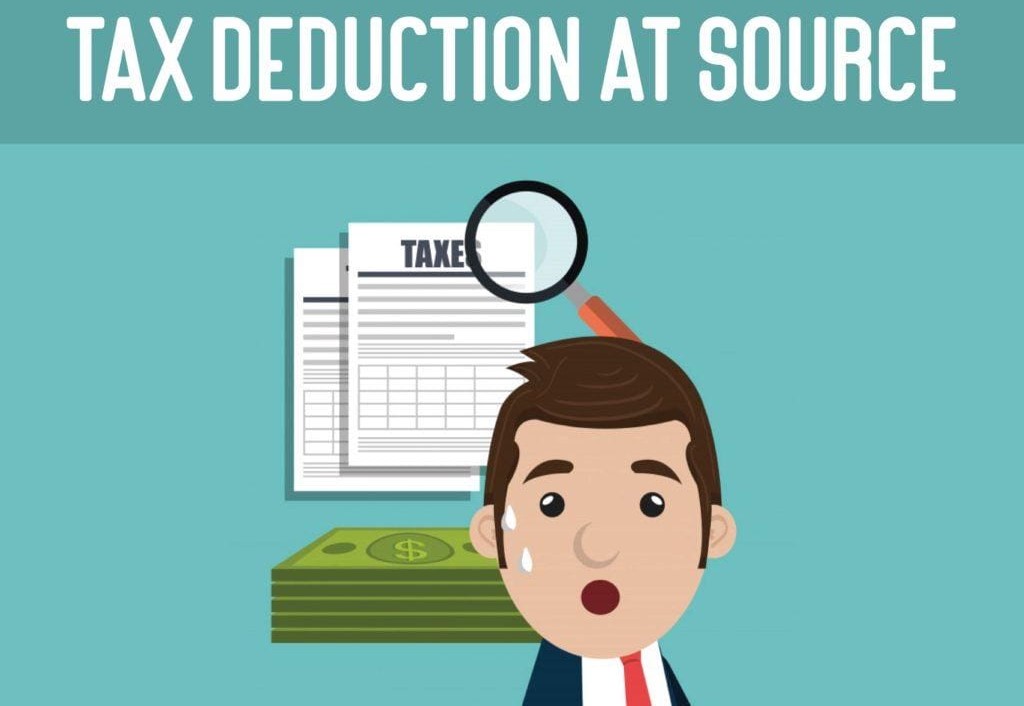TDS Deduction: Salaried Employees Must File ITR Despite Tax Deducted by Employer

TDS Deduction: Salaried Employees Must File ITR Despite Tax Deducted by Employer
Filing ITR Mandatory for Salaried Employees Despite TDS Deduction by Employer
Many salaried individuals believe that if their employer deducts Tax Deducted at Source (TDS) from their salary, they do not need to file an Income Tax Return (ITR), especially if they are not seeking a refund. However, this is a misconception and can lead to notices from the income tax department.
Filing ITR: Who Needs to File?
All individuals with a total income above the basic exemption limit for the financial year (FY) 2023-24 (Assessment Year 2024-25) are required to file an ITR by July 31, 2024. This requirement applies even if TDS has already been deducted by the employer. The basic exemption limits are Rs 2.5 lakh under the old tax regime and Rs 3 lakh under the new tax regime for individuals below the age of 60 years.
Even if TDS is deducted from your salary, you must file an ITR for several reasons. Firstly, filing an ITR is a legal obligation if your income exceeds the basic exemption limit. Secondly, an ITR serves as proof of income, which is often required for loan applications, visa processing, and other financial transactions. Thirdly, filing an ITR allows for the adjustment of any additional taxes or claiming refunds if excess TDS has been deducted.
There are scenarios where the TDS deducted may not accurately reflect the actual tax liability. For instance, if an individual has worked for multiple employers during the year, each employer might deduct TDS assuming a lower total income, leading to insufficient TDS deduction. For example, an employee earning Rs 1 lakh per month works for two companies for six months each. Each company might deduct TDS based on an annual income of Rs 6 lakh, taking into account the basic exemption limit, resulting in lower TDS than required for an annual income of Rs 12 lakh. Additionally, income from other sources such as interest or dividends might have a lower TDS rate (e.g., 10%), which needs to be topped up to the applicable tax rate (e.g., 30%).
To address any TDS shortfall, you can pay the shortfall through self-assessment tax when filing your ITR. Alternatively, you can inform your new employer about your previous income to ensure accurate TDS deduction for the current financial year.
If TDS was not deducted from your salary, you need to use salary slips or other income proofs to file ITR.
There are certain exceptions to the income exemption limit rule, which means that an individual is still required to file ITR, even if the gross income does exceed the applicable basic exemption limit. Such exceptions include:
• Annual savings bank deposit is more than Rs 50 lakh in one or more accounts;
• Business income and deposits being more than Rs 1 crore in one or more current accounts;
• Business turnover is more than Rs 60 lakh;
• Professional income exceeding Rs 10 lakh;
• Electricity bill above Rs 1 lakh;
• TDS /TCS deducted is more than Rs 25,000;
• Foreign travel spending is more than Rs 2 lakh;
• Having assets in a foreign country or is a beneficiary of a foreign asset.
Filing an ITR is mandatory for individuals with income above the exemption limit, regardless of TDS deductions by the employer. It ensures compliance with tax laws, accurate tax liability assessment, and provides proof of income for various financial and legal purposes. Ignoring this obligation can result in penalties and legal notices from the income tax department.












